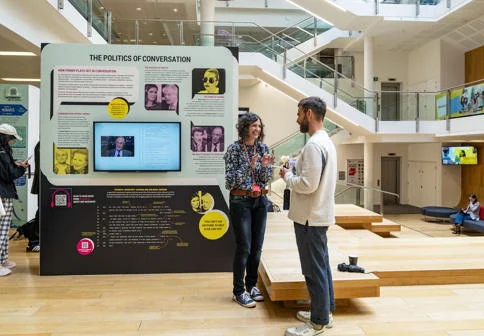News

Here you will find all the latest news and research from the Department of Psychological and Behavioural Science.
More from PBS
News archive
Discover news and research from our archive

Spotlight interviews
Get to know our researchers

Knowledge exchange
Bringing our work to a wider audience

In the press
Media coverage featuring experts from our department
